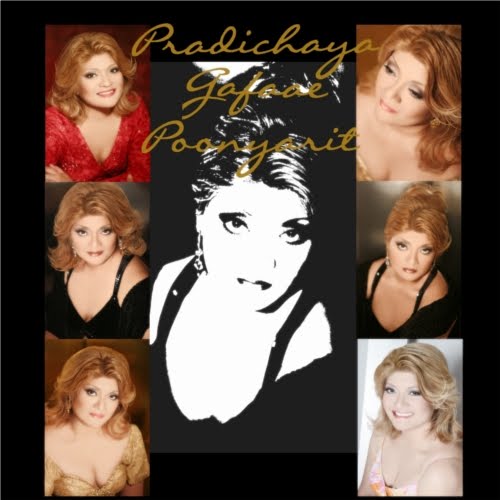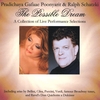There's a bred-in-the-bone distrust of fellow musicians, as well: in the past, the few jobs that were available were fiercely fought over, and musicians would often try to keep whatever information they had secreted away from others in an effort to remove their competition and hold onto their precious domains.
Now, the competition-cooperation dichotomy is one that truly fascinates me, and I could devote many, many chapters of a book to its discussion. Don't worry: I'm not going to subject you to that, here. What I will say, however, is that we should make a clear distinction between jobs that are advertised versus ones we create.
When the Metropolitan Opera throws out a casting call, you'd be a fool to inform your five closest rivals. After all, you want to be the best singer that gets heard. This is the traditional way of thinking about getting hired.
In creating jobs, however, we are not in competition with each other at all. In fact, there is tremendous strength in numbers that only our cooperative efforts can bring about. If singers can get together and brainstorm various ideas about how to generate performance opportunities, it's the better for all of us. We can introduce each other to our acquaintances thereby generating a large audience base, and we can be there to troubleshoot each others' ideas.
Remember that your product is unique, so there's no need to worry that someone will preempt your product. If I buy a Mercedes today, that means I won't buy a BMW tomorrow. But if I go to a soprano's recital on Thursday it doesn't mean that I'm done with recitals until I get a new one, and that the baritone's performance on Sunday is off-limits.
It's a rough world out there, and we need friends to help weather the storm. Don't be one of those artists who sits on the sidelines and complains about the unfairness of it all, and how you don't get a chance to perform. Take charge, and along with your colleagues band together to strengthen the community of artists wherever you find yourself. It's not only in your best interests, but your duty to the Art.
http://www.pradichaya.com/coffeemelodieandcommunity.aspx










